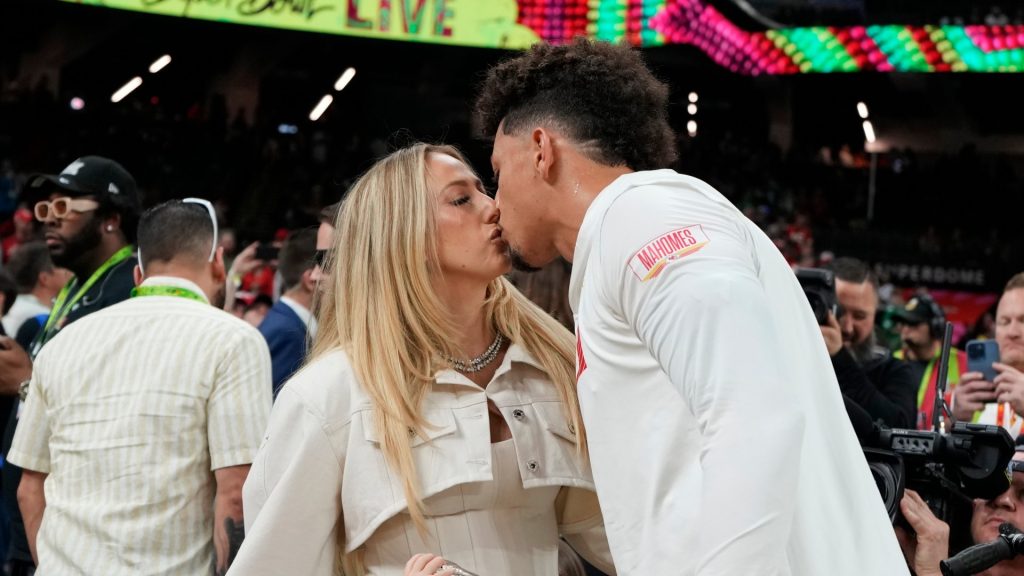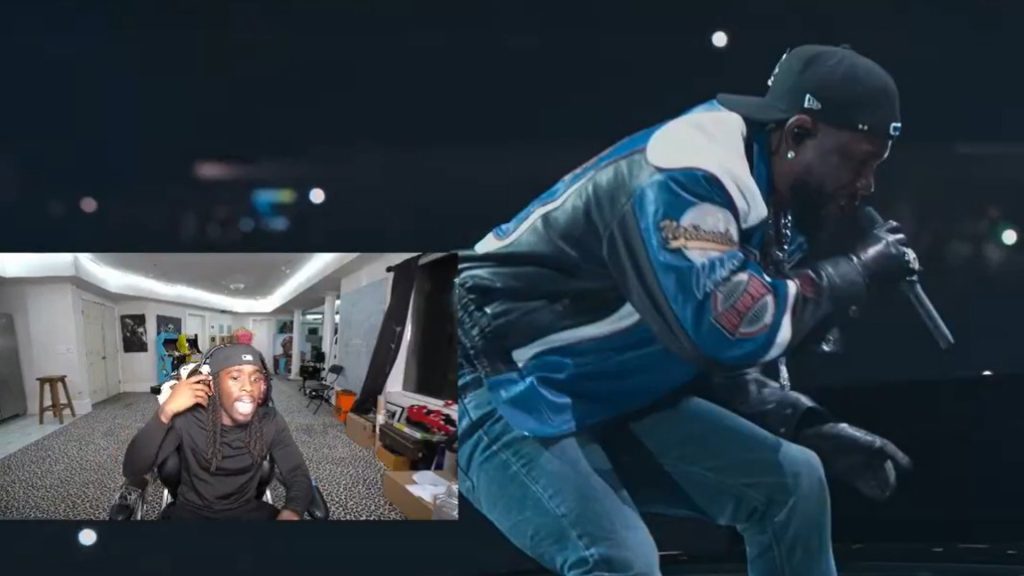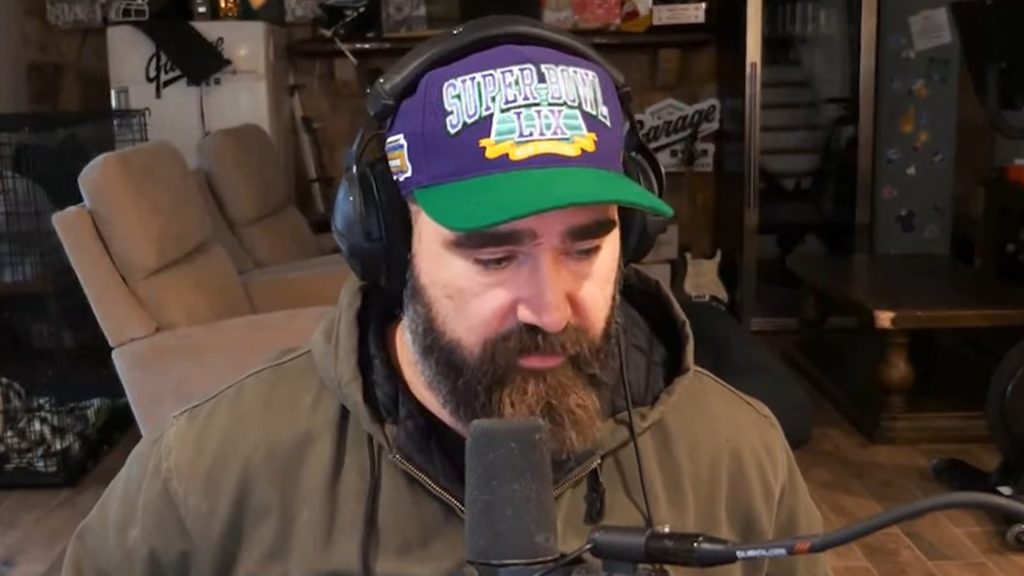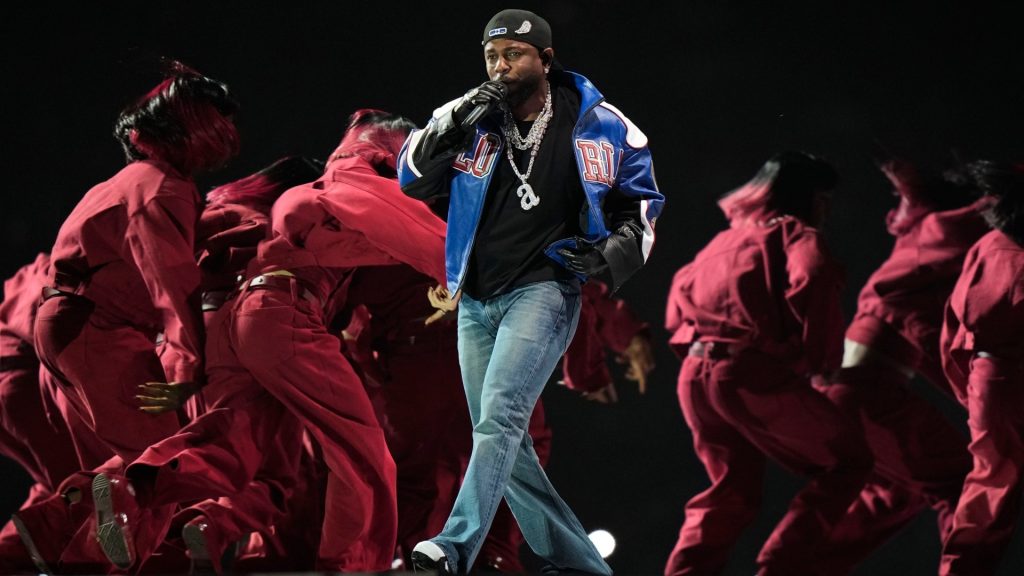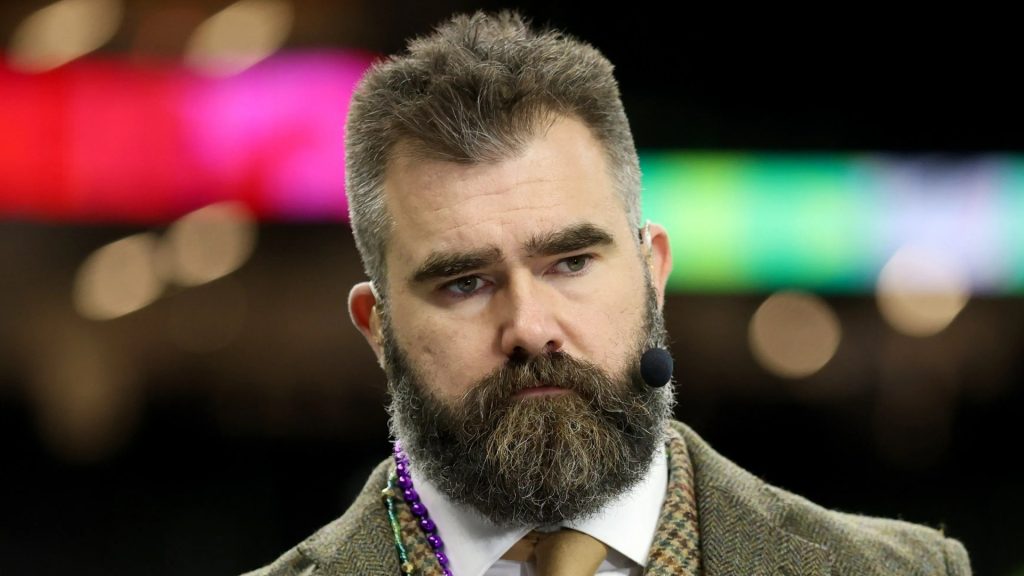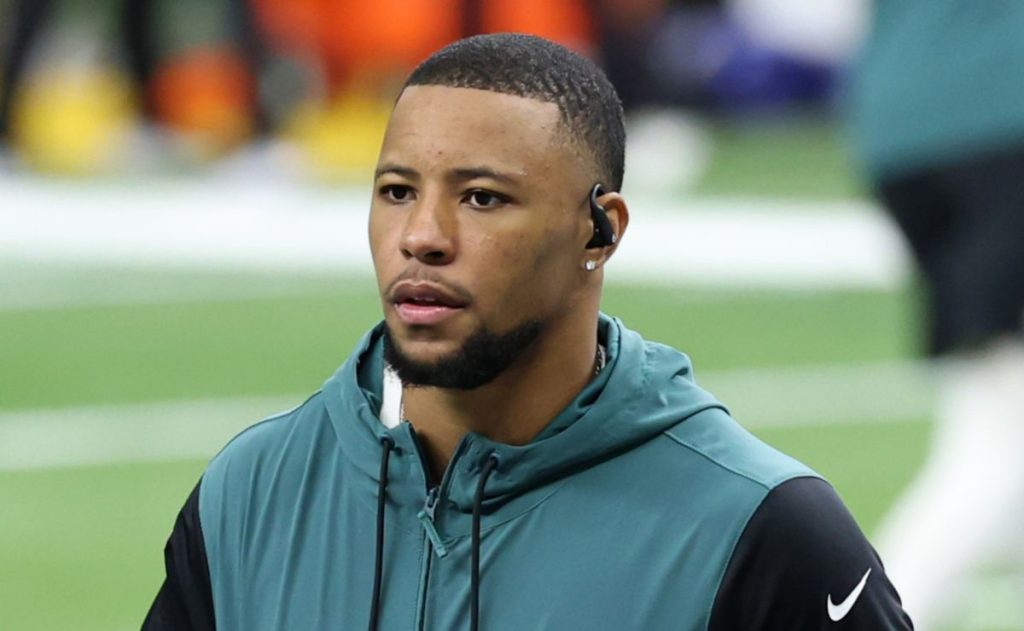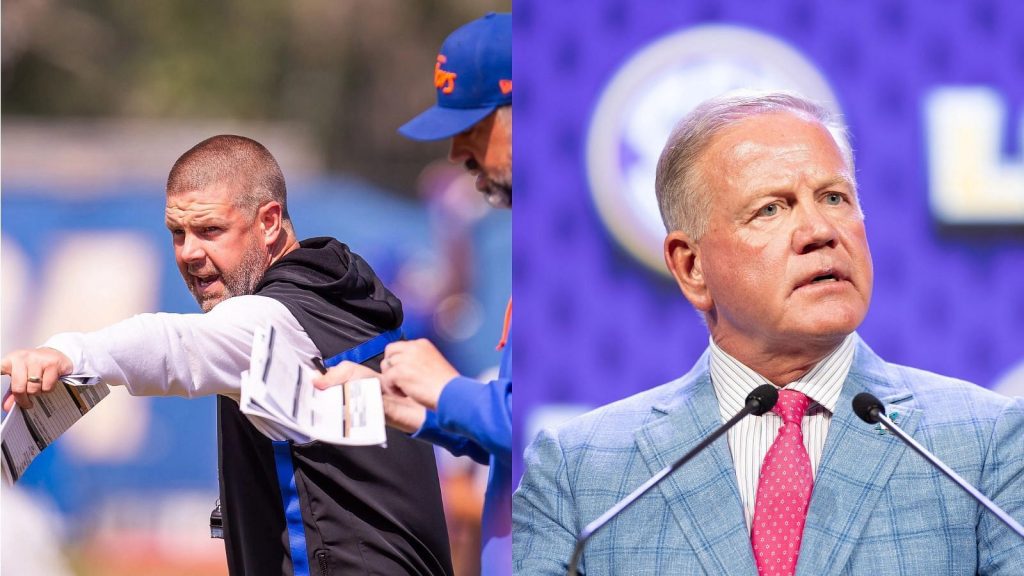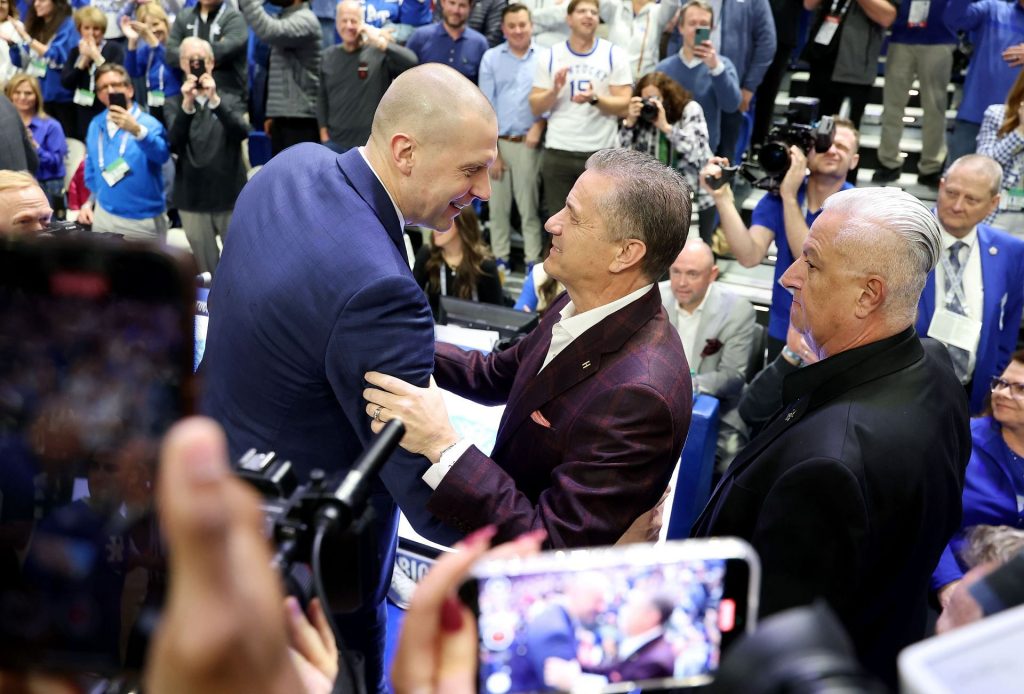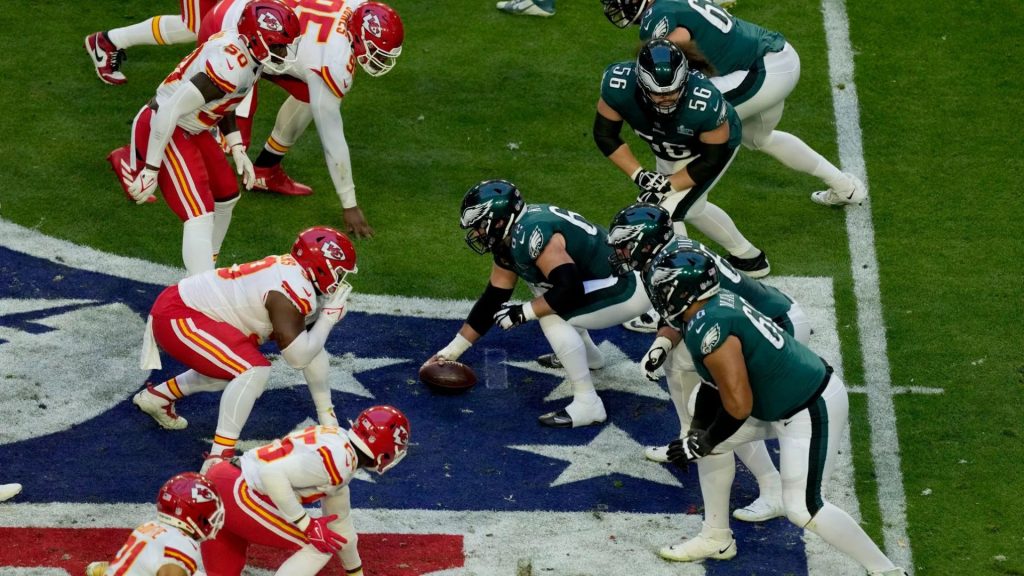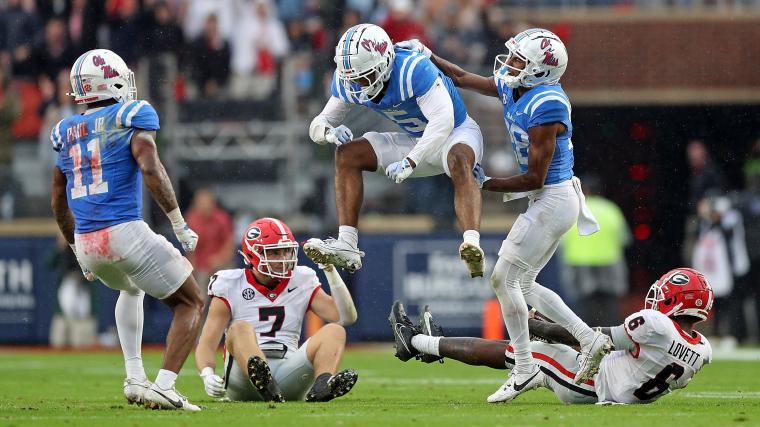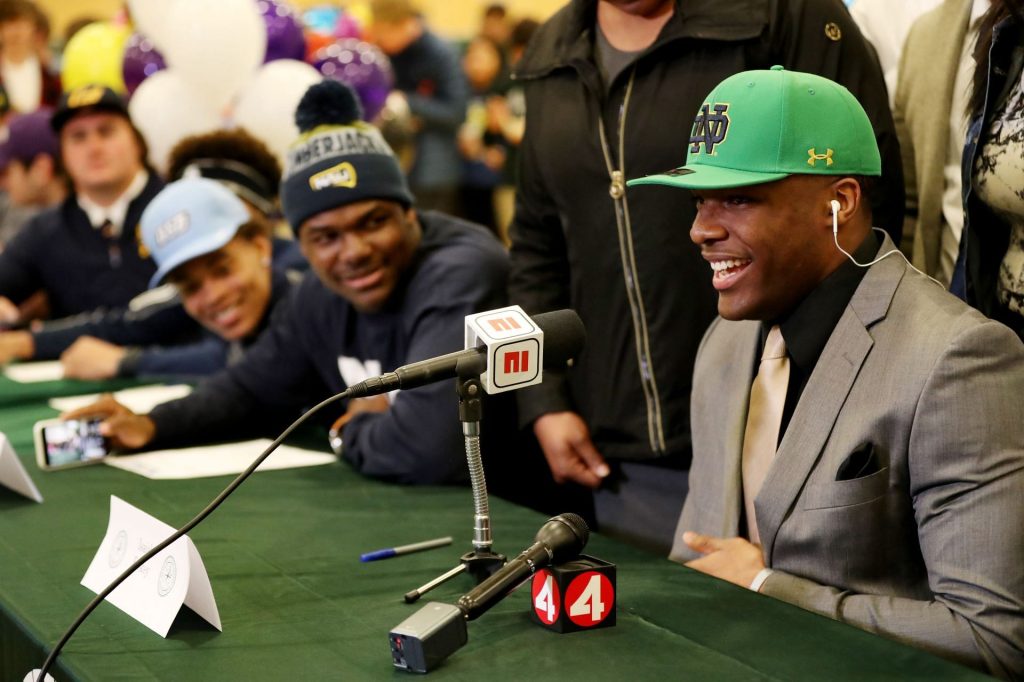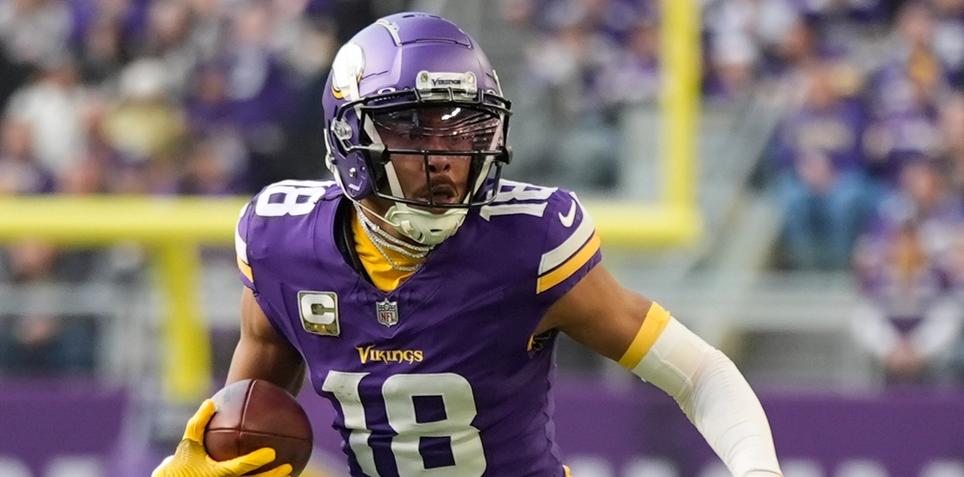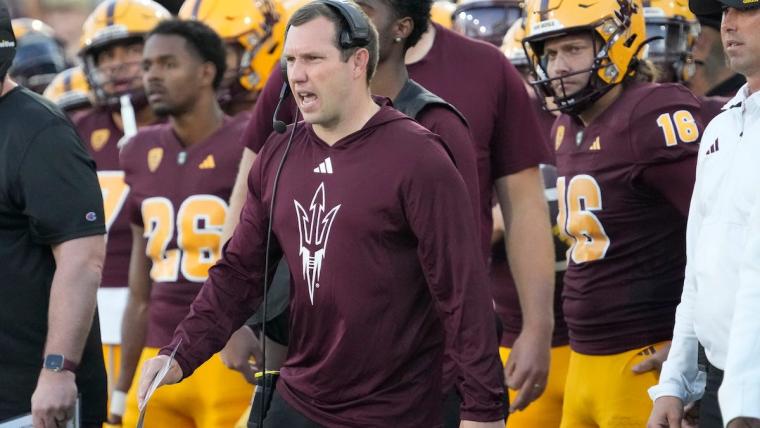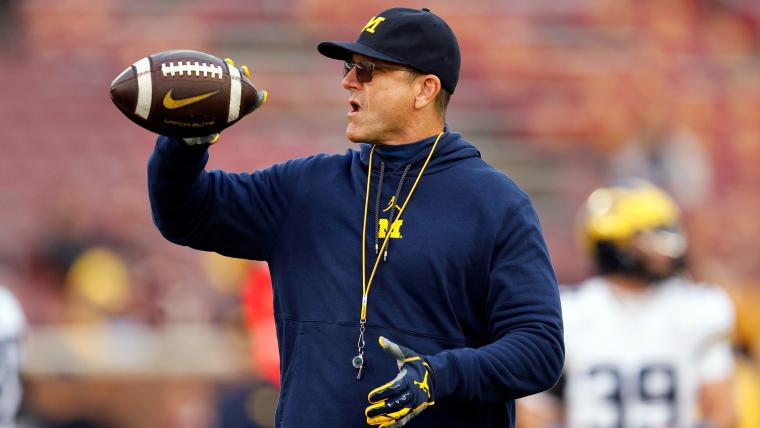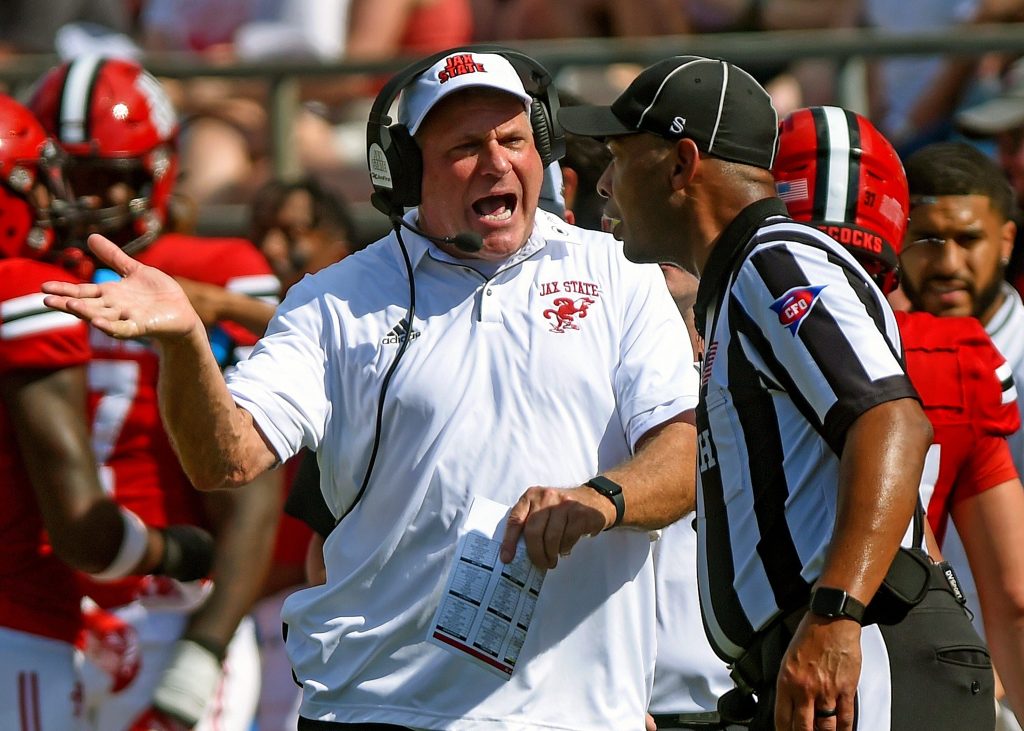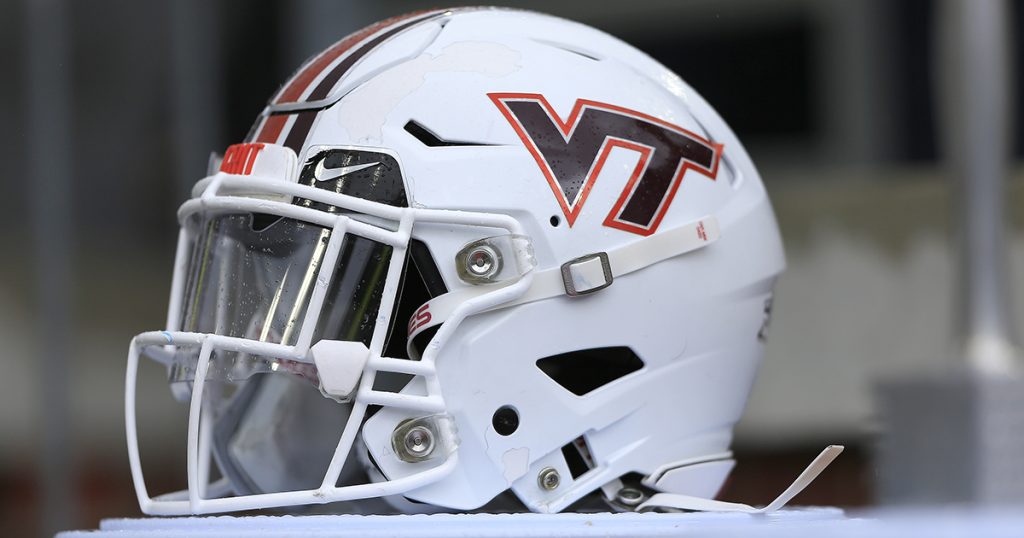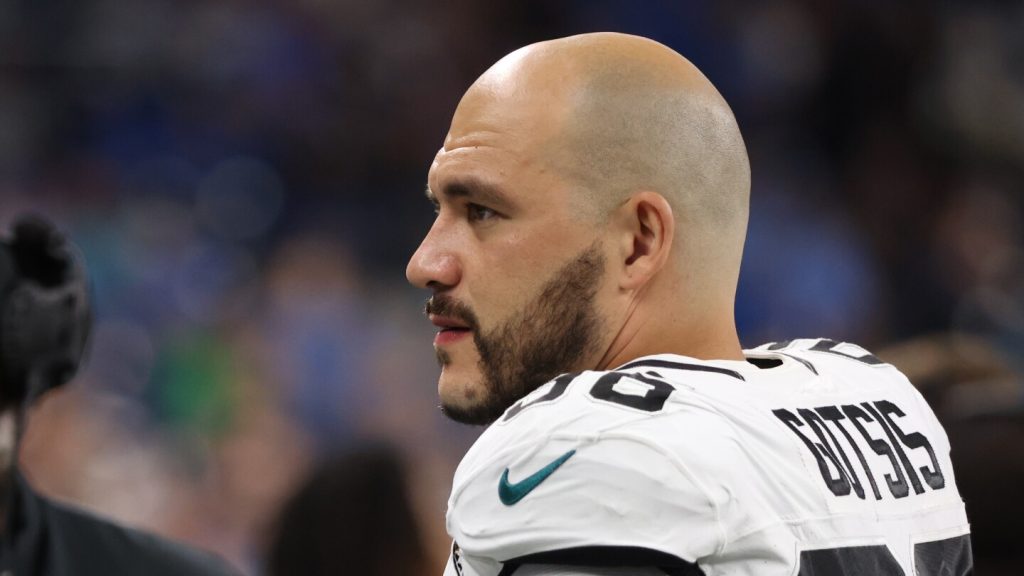Tom Brady has never been one to shy away from controversy, and his recent comments on the hit that sidelined Jacksonville Jaguars quarterback Trevor Lawrence are no exception. The legendary seven-time Super Bowl champion took to the airwaves to defend Houston Texans linebacker Azeez Al-Shaair, who was suspended for his hit on Lawrence during Week 13.
Brady’s Bold Defense
On Tuesday, Brady appeared on The Herd with Colin Cowherd, where he expressed his support for Al-Shaair, arguing that the hit was a part of the game. He stated, “When you run, you put yourself in a lot of danger. And when you do that, I don’t think the onus of protecting an offensive quarterback who’s running should be on an offensive player.” His comments sparked debate among fans and analysts alike, as they challenge the notion of quarterback protection in the NFL.
The Hit That Changed Everything
The incident in question occurred when Al-Shaair struck Lawrence in the head area as he attempted to slide during a scramble. This hit left Lawrence on the ground for several moments, ultimately leading to him being ruled out for the remainder of the game with a concussion. The Jaguars later announced that Lawrence would be placed on the Reserve/Injured list, a move that could end the season for the former No. 1 overall pick.
Suspension and Reactions
Following the hit, the NFL suspended Al-Shaair for three games. NFL vice president of policy and rules administration Jon Runyan criticized the linebacker’s actions, stating that both the hit and the ensuing brawl showed a “lack of sportsmanship and respect for the game.” Runyan noted that Al-Shaair has a history of personal fouls and violations, which played a role in the severity of the suspension.
Despite the backlash, Texans head coach DeMeco Ryans came to Al-Shaair’s defense, emphasizing the difficult position defensive players face when quarterbacks slide late. This perspective adds another layer to the ongoing conversation about player safety and the rules that govern the game.
Brady’s Perspective on Player Safety
Brady’s comments reflect a broader sentiment that has been brewing in the league. He pointed out that if the NFL is genuinely committed to protecting quarterbacks, then offensive coordinators should also be mindful of the plays they call. “Are we really trying to protect quarterbacks? Because if you are trying to do it through the rules, then why are the offensive coordinators not protecting their quarterbacks?” he questioned.
This raises an important point: should the responsibility of quarterback safety lie solely with the defense? Brady believes that the game’s physical nature means players must be aware of the risks involved. He shared a personal anecdote from his early career, recalling a significant hit from Buffalo Bills cornerback Nate Clements in 2001. That experience taught him the importance of sliding early and avoiding unnecessary hits, a lesson he believes all quarterbacks should heed.
The Bigger Picture
Brady’s remarks come at a time when the NFL is grappling with how to balance player safety with the physical demands of the game. The league has implemented various rules aimed at protecting quarterbacks, but incidents like Al-Shaair’s hit on Lawrence raise questions about the effectiveness of these measures.
The Texans currently sit atop the AFC South with an 8-5 record, heading into their bye week in Week 14. With Al-Shaair’s suspension looming, the team will have to navigate the challenges of maintaining their position in the playoff race without one of their key defensive players.
Looking Ahead
As the NFL continues to evolve, the conversation surrounding player safety and the responsibilities of both offensive and defensive players will remain at the forefront. Brady’s comments serve as a reminder that while the league strives to protect its stars, the nature of football is inherently risky.
Al-Shaair has appealed his suspension, and a hearing is set for Wednesday. The outcome could have significant implications for the Texans as they look to solidify their playoff aspirations.
In the end, this situation encapsulates the ongoing struggle within the NFL: how to maintain the integrity of a physical sport while ensuring the safety of its players. As fans, we can only watch and wait to see how this drama unfolds on and off the field.













